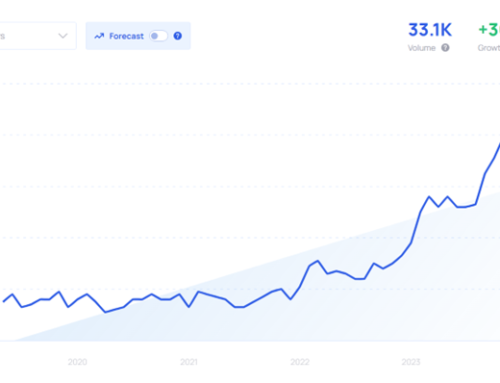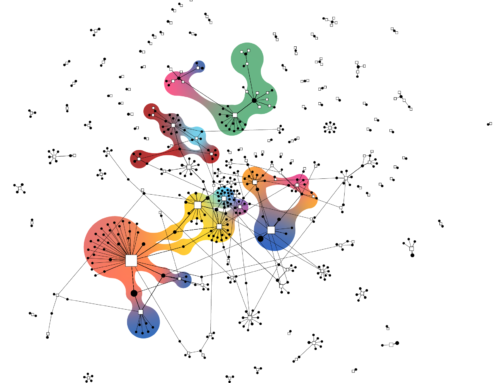Marketing is a constantly evolving field that requires businesses to adapt to new technologies and strategies. One of the latest trends in marketing is the use of hybrid intelligence, which combines human expertise with machine learning algorithms to improve the accuracy and efficiency of marketing analytics. In this blog post, we will explore how hybrid intelligence can be used in business analytics and the benefits it provides to businesses.
Hybrid intelligence in business analytics involves combining the capabilities of human analysts and machine learning algorithms to enhance the accuracy and speed of data analysis. The process begins with human analysts providing domain expertise and insights into the data, followed by machine learning algorithms that use this information to make predictions and generate insights. Human analysts then validate the results to ensure the accuracy of the data.
One of the primary benefits of using hybrid intelligence in business analytics is improved accuracy. Machine learning algorithms are adept at identifying patterns in large data sets but lack the context and domain expertise that human analysts bring. Combining both strengths, hybrid intelligence can provide a more accurate analysis of business data and deliver actionable insights that businesses can use to make informed decisions.
Another benefit of hybrid intelligence in business analytics is speed. Machine learning algorithms can process large amounts of data quickly, which allows for faster decision-making and a more agile approach to business. Human analysts can then validate the data and provide additional insights, further enhancing the value of the data analysis.
Hybrid intelligence also enables businesses to scale their analytics efforts more efficiently. Automating specific tasks and leveraging machine learning algorithms allows businesses to process large amounts of data more quickly and accurately than relying solely on human analysts. This allows businesses to allocate resources more efficiently and focus on higher-value tasks that require human expertise.
Amazon is a pioneer in using hybrid intelligence. Its product recommendations engine uses machine learning algorithms to analyze customer behavior and preferences. However, human intelligence is used to curate and optimize the recommendations. This approach has helped Amazon to personalize its recommendations and improve customer satisfaction. Coca-Cola uses hybrid intelligence to analyze customer sentiment on social media platforms. Machine learning algorithms are used to identify relevant social media posts, and then human analysts analyze the sentiment and categorize the posts. This approach has helped Coca-Cola better understand its customers and improve its marketing strategies.
Consulting and market research companies also use hybrid intelligence quite successfully. McKinsey & Company’s QuantumBlack team combines the expertise of data scientists and business consultants to develop AI-powered solutions for clients in various industries, including healthcare, finance, and retail. By using hybrid intelligence, McKinsey helps clients make informed decisions and stay ahead of the competition. Deloitte uses hybrid intelligence in its auditing process. Machine learning algorithms analyze financial data; human auditors use the insights to make informed decisions and identify potential risks. This approach has helped Deloitte improve its auditing process’s accuracy and efficiency. Accenture’s Applied Intelligence practice is another firm that uses hybrid intelligence to help clients improve their operations and customer experience. They develop and implement solutions that automate tasks, improve decision-making, and personalize customer experiences. Accenture has helped clients in the manufacturing, healthcare, and retail industries.
Using hybrid intelligence in business analytics offers significant benefits to businesses looking to improve their analytics efforts’ accuracy, speed, and scalability. By combining the strengths of human analysts and machine learning algorithms, businesses can generate more accurate insights and make informed decisions that drive business growth. As business analytics continues to evolve, businesses must embrace new technologies and strategies like hybrid intelligence to remain competitive and stay ahead of the curve.




